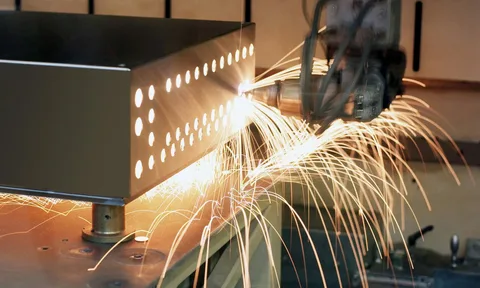Some careers require suits. Others wear scrubs and sneakers because they don’t sit still. Nursing assistants fall in that second category. They’re up early. They’re moving constantly. They know how to clean a wound, comfort a stranger, and spot a blood pressure dip before it turns serious.
But none of that instinct is born—it’s trained. And that’s where the nursing assistant course certification comes in. Not as a formality. Not as red tape. But as the real preparation for one of healthcare’s most physically and emotionally demanding roles.
What the Certification Covers
The course isn’t just about memorizing procedures. It’s about learning how to survive on a floor where the calls never stop and every patient expects you to know exactly what you’re doing.
You’ll train in:
- Patient care basics — bathing, feeding, dressing, positioning
- Vital signs monitoring — blood pressure, pulse, respiration
- Infection control — because cross-contamination isn’t a theory
- Emergency response — knowing what to do before the nurse shows up
- Emotional intelligence — reading pain, fear, confusion without words
There’s also clinical training. Not pretend labs. Real rooms, real patients, real stakes. You don’t walk out ready to lead. You walk out ready to help, and that’s exactly what the role demands.
Not for the Faint of Heart, Not Without Reward
Certified Nursing Assistants (CNAs) often do the things no one sees—until they’re not done.Emptying catheters. Turning patients to prevent bedsores. Holding hands when a family hasn’t shown up. Not glamorous. Sometimes not even acknowledged. But ask any nurse or doctor, and they’ll tell you: CNAs are the backbone.
The job isn’t clean. It isn’t easy. But it’s real. And if you’re the kind of person who can balance routine with empathy, process with presence, then cna in saudi arabia isn’t a hoop to jump through—it’s a foundation you’ll rely on every single shift.
Why Certification Opens More Than Just Doors
Yes, it gets you hired. But it also sets a standard. Once you’re certified, you’ve proven:
- You understand patient dignity
- You can be trusted in high-pressure environments
- You take safety seriously—for patients and yourself
- You’re ready for more
Because many CNAs don’t stop here. They go on to become LPNs, RNs, and even nurse practitioners. And it all starts with learning how to lift, clean, feed, and listen—with care and consistency.
Conclusion: Certification Isn’t the Finish Line. It’s the Starting Block.
A nursing assistant certification doesn’t make you a hero. It gives you the tools to become one quietly, shift by shift.It’s not just a class. It’s a contract—with the people you’ll care for, with the teams you’ll support, and with yourself. That you’re ready to show up when it’s inconvenient. That you’ll do the work no one wants to do, and do it with dignity.
Because healthcare doesn’t start in the OR.It starts with someone holding a bedrail, asking, “Are you okay?”—and meaning it.



